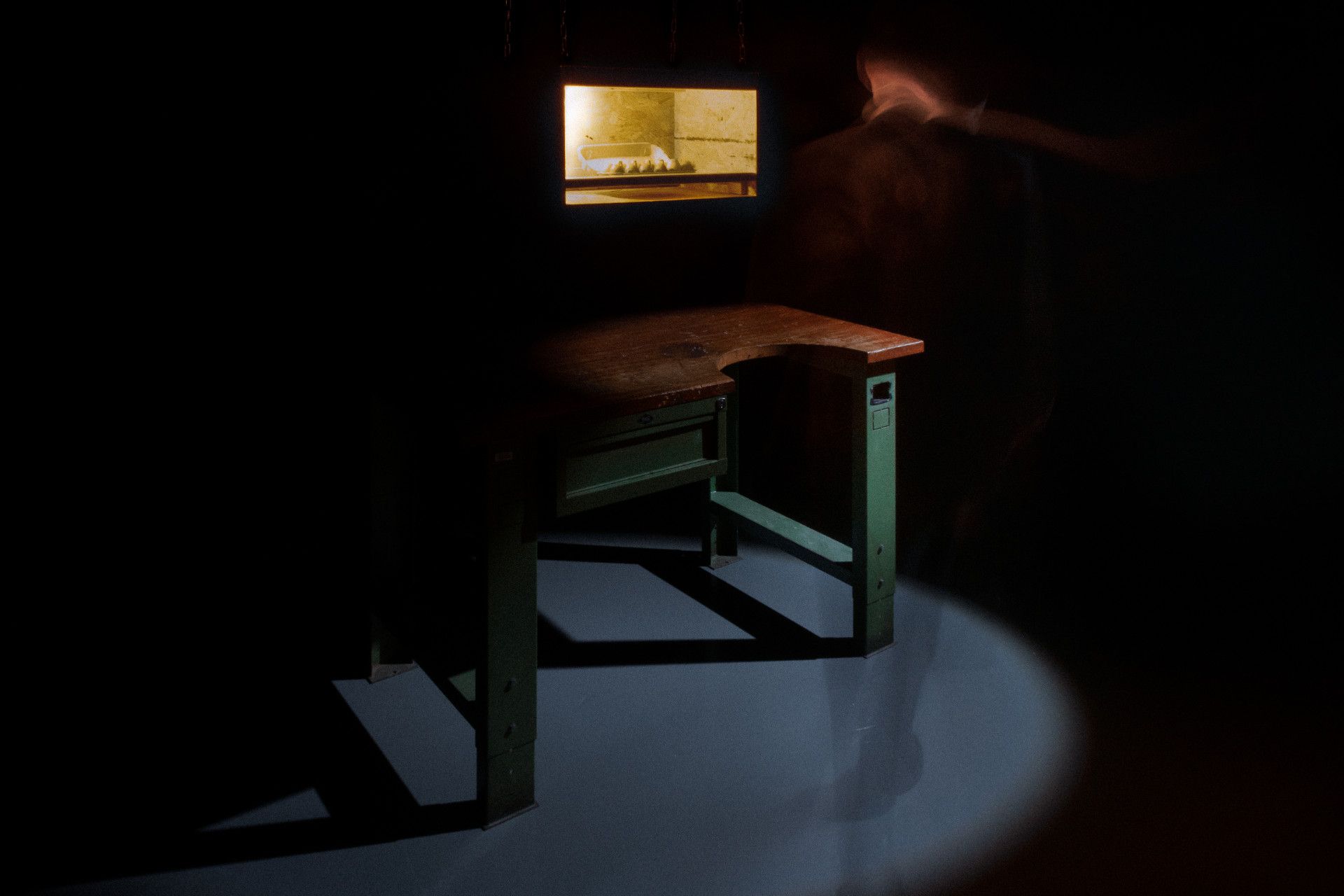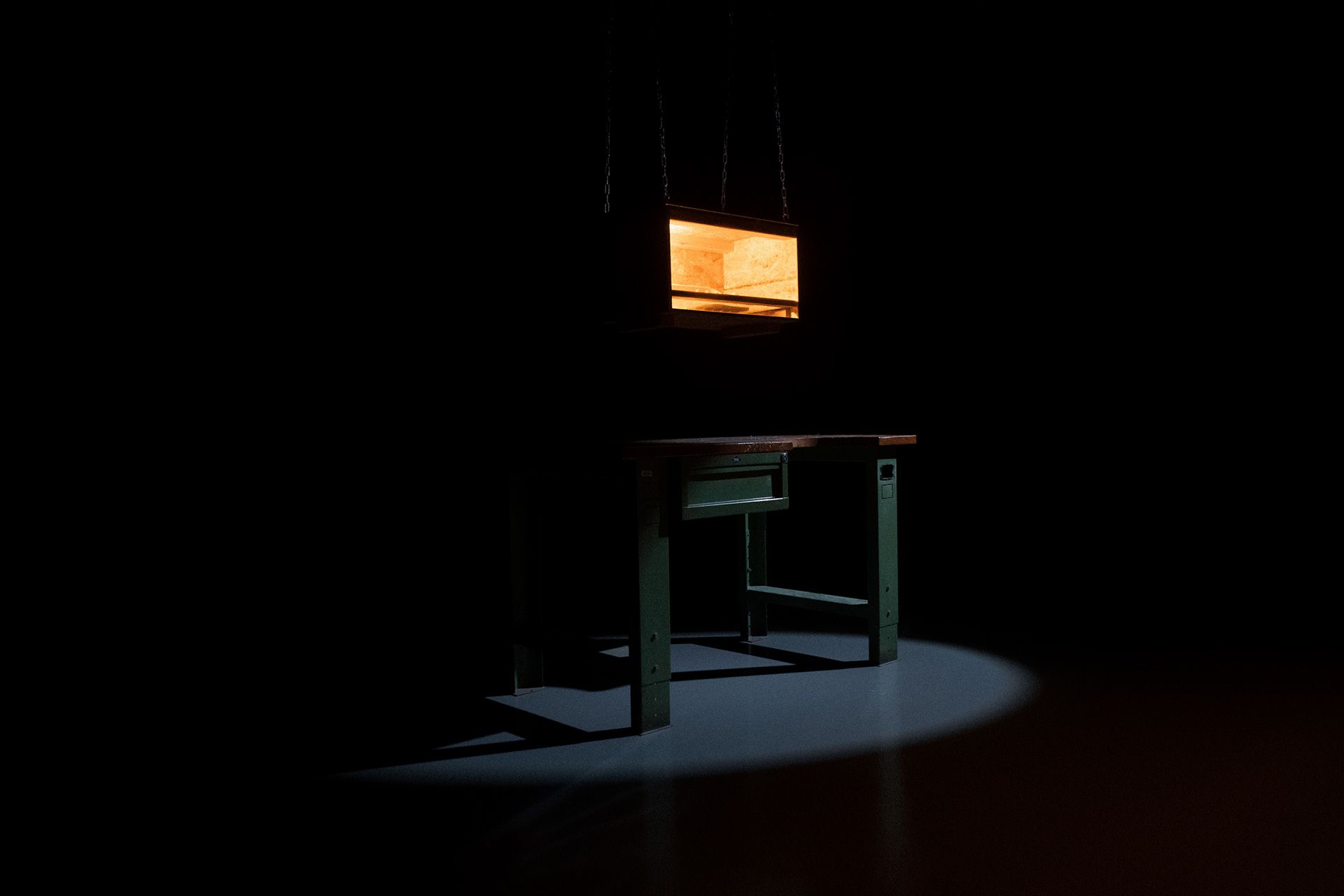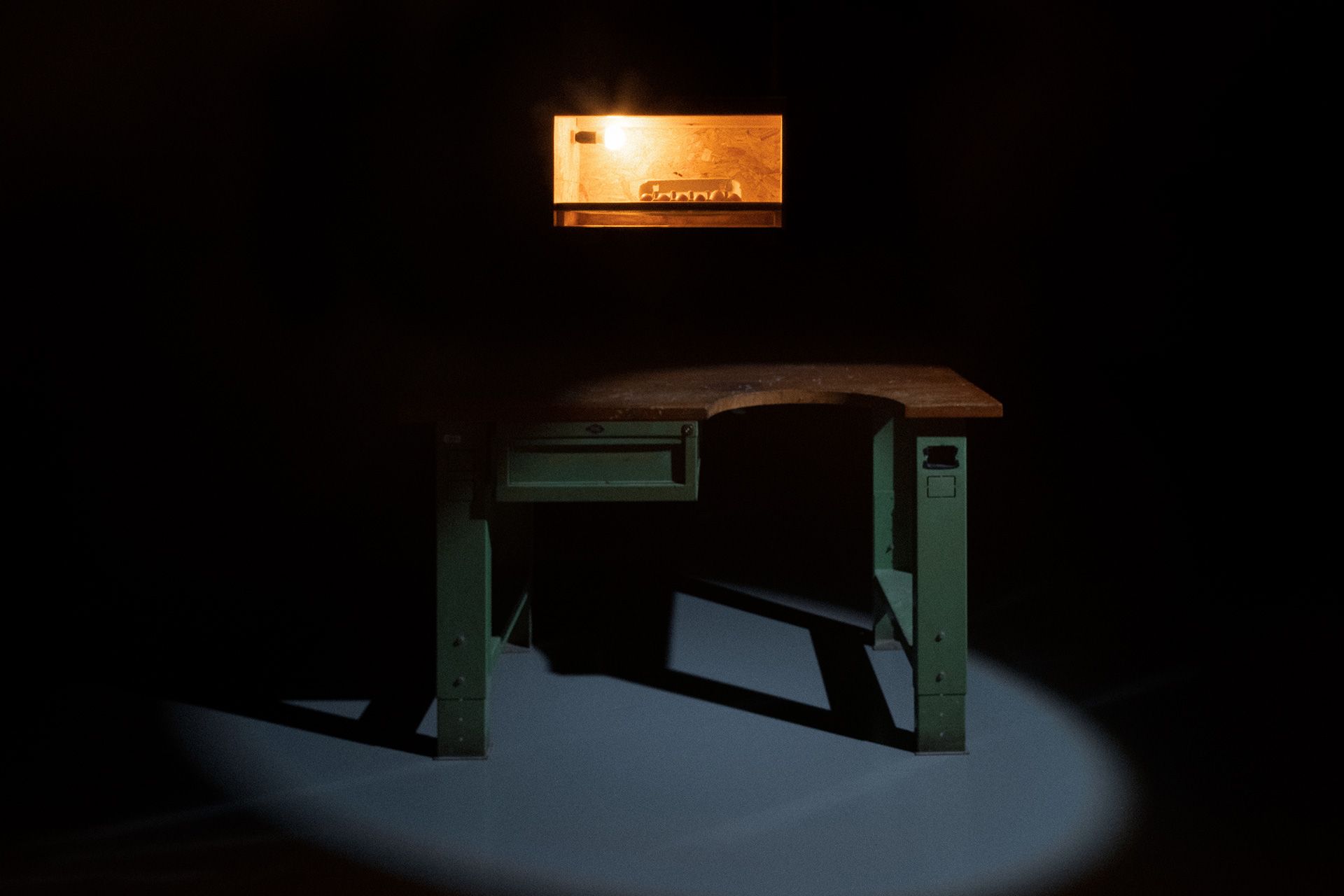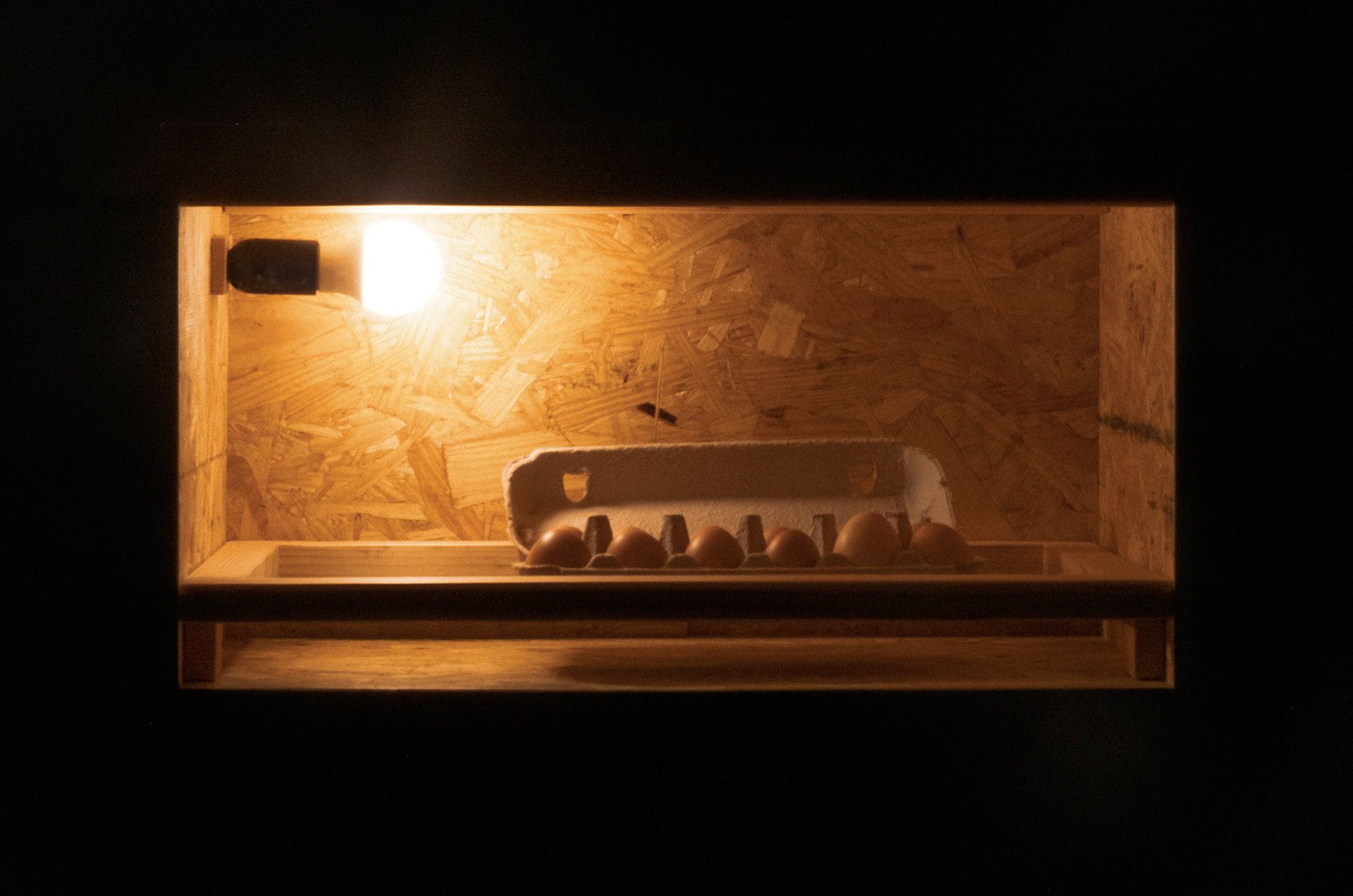About
Liam Macann is an emerging arts practitioner with a theoretical focus on the philosophy of technology. Recently graduated with a Bachelor of Fine Art (Honours) from UNSW, his research-intensive practice engages with a profusion of disciplines across an agile and experimental body of work.



